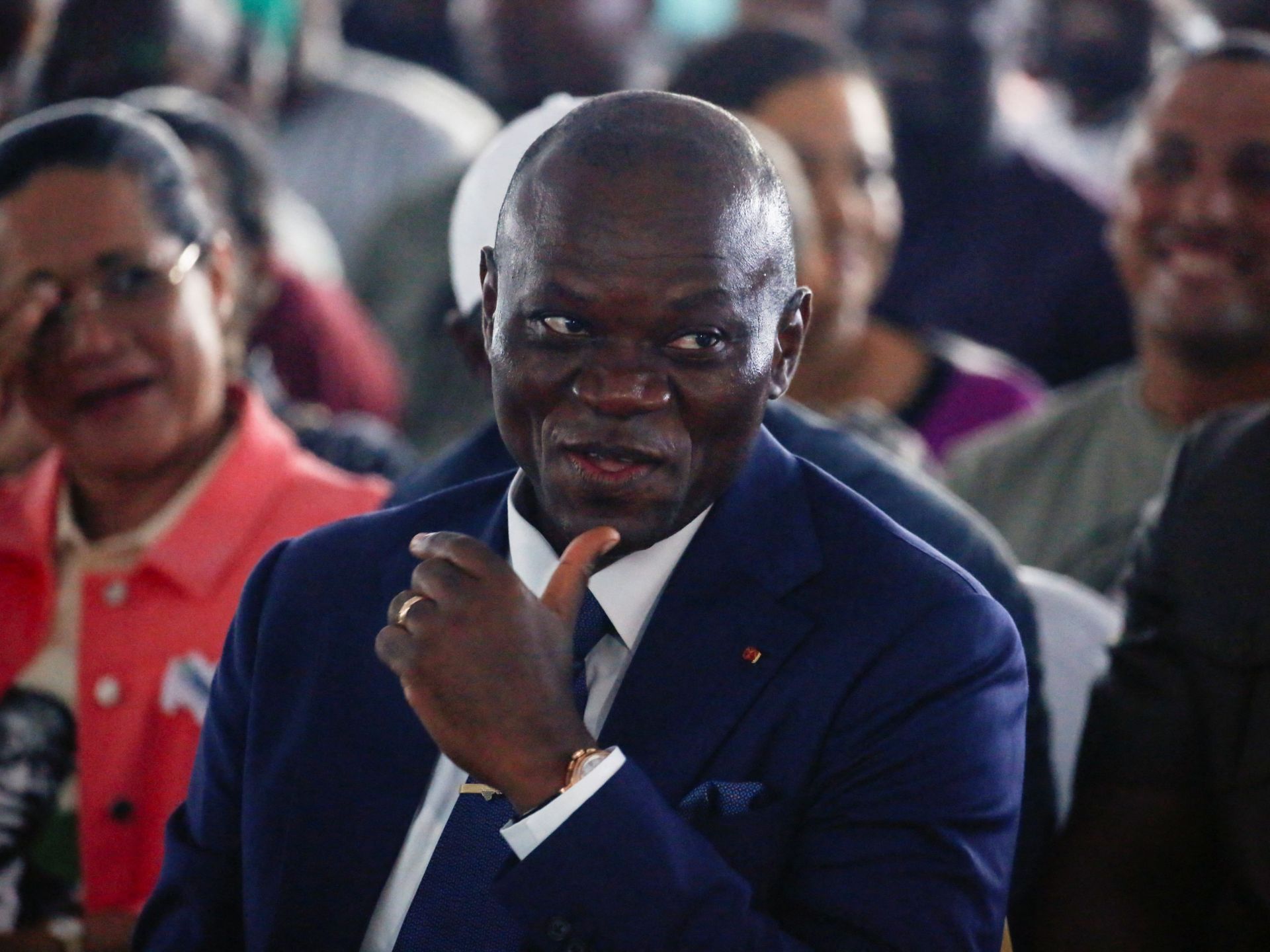Ali Bongo was toppled by the former military ruler, who took over the presidency on Saturday after a 19-month transitional government.
More than 20 African heads of state, including Adama Barrow from The Gambia, Bassirou Diomaye Faye, Ismail Omar Guelleh from Djibouti, and Teodoro Obiang Nguema Mbasogo of Equatorial Guinea, were present for the ceremony at Angondje Stadium in the north of Libreville, according to the AFP news agency. Felix Tshisekedi, president of the Democratic Republic of the Congo, was also present.
According to state media, Libreville’s streets were blocked as thousands of people gathered at the venue for a military parade and artistic performances in the evening along the waterfront.
The Ministry of Interior and Security requested that “every resident of Greater Libreville greet these prestigious guests warmly.”
Ali Bongo’s family had ruled Gabon for 55 years, and Oligui, 50, came to power after removing Oligui from power. A tightly controlled patronage system, which benefited elites and kept the majority of its citizens out of Gabon’s oil-fueled prosperity, characterized the Bongo era.
The oil-rich nation needs to modernize its infrastructure and diversify its economy, but Oligui is in a very difficult position to lead.
Oligui, a former leader of the elite Republican Guard, has promised a change in dynastic politics.
Oligui stated to Al Jazeera in his first international press interview since the election that he was “determined to restore dignity to the Gabonese people.”
“I’ll give the people what I’ve received today back.” I want to return everything that has been taken from the people, he said.
Despite having vast oil, gold, and manganese reserves and playing a crucial role in the Congo Basin rainforest, the nation is plagued by widespread poverty.
About 40% of young people are unemployed, according to the World Bank’s 2024 data  (PDF), and roughly a third of the population lives below the poverty line.
Oligui launched high-profile construction projects while promising to combat endemic corruption during the transitional period in an effort to portray himself as a reformer and “builder.” In the weeks leading up to the election, his campaign slogan, “We Build Together,” was prominently displayed during rallies.
However, Oligui’s own record has drawn scrutiny. He allegedly owned properties in the United States worth more than $1 million and had previously supported the expansion of the Bongos’ overseas business ventures, according to an investigation conducted by the Organised Crime and Corruption Reporting Project in 2020.
When questioned about these ties, Oligui claimed they were a “private affair.”
However, the World Bank’s most recent report indicates that Gabon’s economy increased by 2.9 percent in 2024, fueled by increased oil, timber, and manganese output, as well as public infrastructure spending.
Source: Aljazeera

Leave a Reply